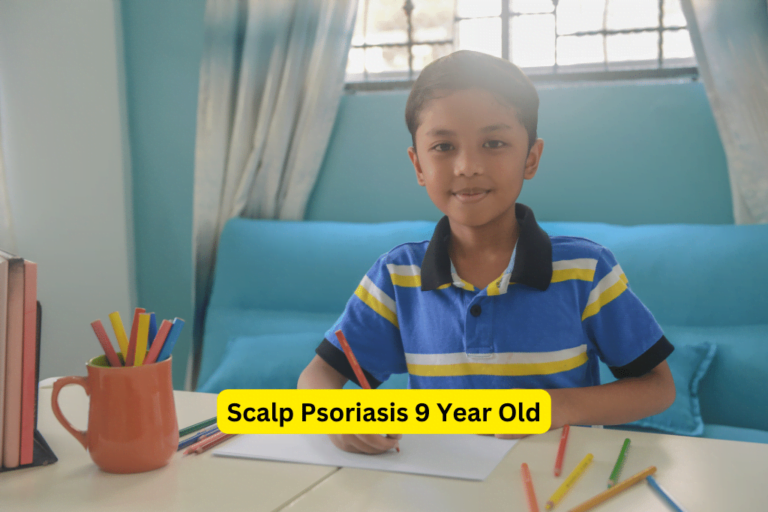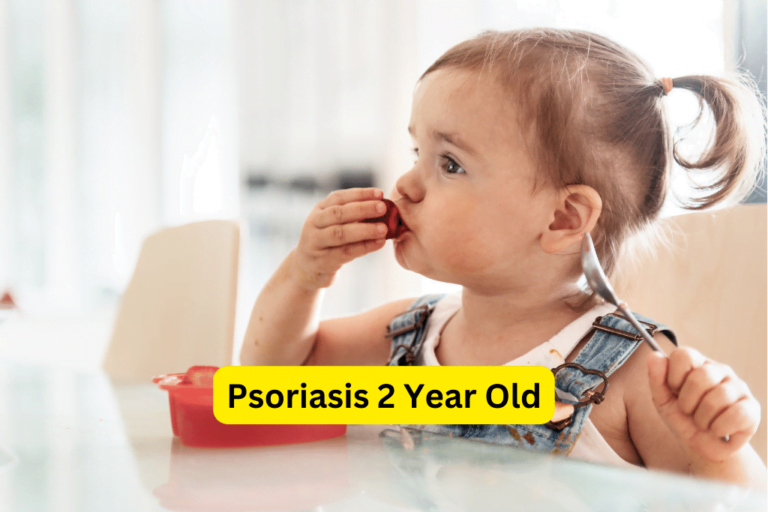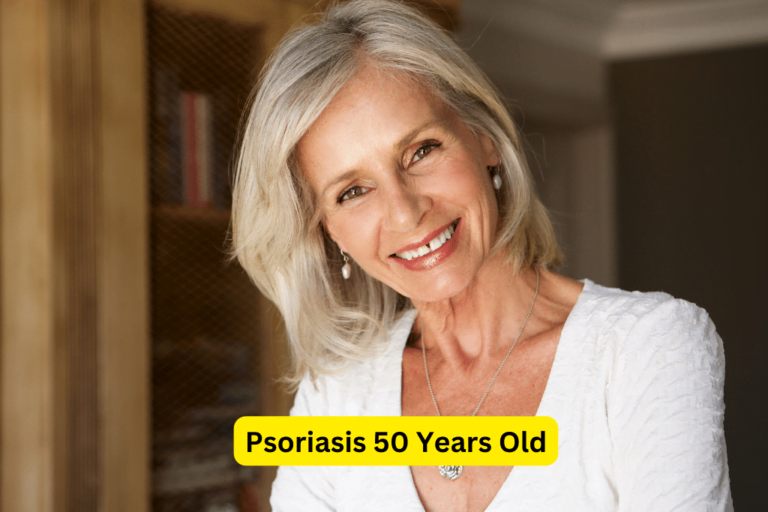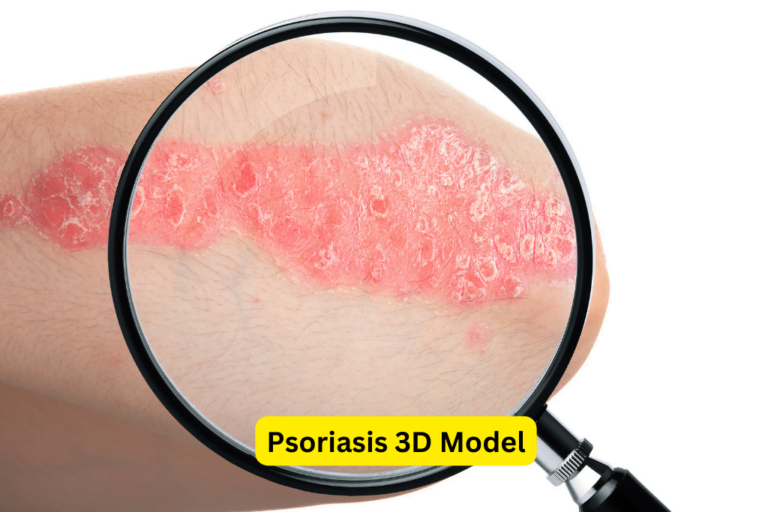Discover Effective Treatments for Psoriasis Affecting 80% of Your Body
Psoriasis 80 Of Body
Psoriasis is a chronic skin condition that affects millions of people worldwide. It is characterized by the rapid buildup of skin cells, leading to the development of thick, red, and scaly patches on the skin. Psoriasis can range in severity from mild to severe, with some individuals experiencing the condition covering up to 80% of their body. Understanding the causes, symptoms, and treatment options for psoriasis is crucial in effectively managing this chronic condition and improving the quality of life for those affected.
Types of Psoriasis
There are several types of psoriasis, each with its own unique characteristics and presentation. The most common types include plaque psoriasis, guttate psoriasis, inverse psoriasis, and pustular psoriasis.
Plaque Psoriasis
Plaque psoriasis is the most prevalent form of the condition, accounting for approximately 80% of all cases. It is characterized by raised, inflamed patches of skin covered with silvery-white scales. These patches typically occur on the knees, elbows, scalp, and lower back. Plaque psoriasis can be triggered or aggravated by factors such as stress, infections, and certain medications.
Guttate Psoriasis
Guttate psoriasis is commonly seen in children and young adults. It appears as small, red, drop-like lesions that are scattered on the trunk, limbs, and scalp. This type of psoriasis is often preceded by a streptococcal infection and may resolve on its own over time.
Inverse Psoriasis
Inverse psoriasis primarily affects the skin folds, such as the groin, armpits, and under the breasts. Unlike other types of psoriasis, inverse psoriasis appears as smooth, shiny, and red patches of skin. It is more common in individuals who are overweight or have deep skin folds.
Pustular Psoriasis
The pustular form of psoriasis is characterized by the presence of pus-filled blisters on the skin. This type can be localized, affecting only certain areas of the body, or generalized, covering larger areas. It can be triggered by systemic medications, infections, or exposure to certain chemicals.
Psoriasis Covering 80% of the Body
When psoriasis covers such a large portion of the body, it has significant physical and mental health implications. The appearance of extensive psoriasis can lead to feelings of self-consciousness, decreased self-esteem, and anxiety. It can also impair physical function, interfering with movement and daily activities.
Causes and Triggers of Severe Psoriasis
Severe psoriasis, especially when covering a large area of the body, is often influenced by both genetic and environmental factors. Individuals with a family history of psoriasis are more likely to develop severe forms of the condition. Environmental triggers such as stress, certain medications (e.g., beta-blockers, lithium), and infections (e.g., streptococcal throat infections) can exacerbate psoriasis symptoms.
Symptoms of Psoriasis Covering 80% of the Body
The symptoms of psoriasis covering a significant portion of the body can be severe. These may include:
- Red, inflamed patches of skin
- Thick, raised plaques
- Silvery-white scales
- Severe itching and discomfort
- Pain and joint stiffness
- Cracking, bleeding, or fissures in the skin
Additionally, extensive psoriasis may be associated with comorbid conditions like psoriatic arthritis, cardiovascular disease, and metabolic syndrome.
Managing Psoriasis Covering 80% of the Body
Managing severe psoriasis requires a comprehensive approach that combines lifestyle modifications and medical treatments. Self-care tips for individuals with extensive psoriasis include:
- Moisturizing the skin regularly
- Avoiding triggers such as stress and certain medications
- Practicing stress management techniques
- Wearing loose, breathable clothing
- Using gentle cleansers and avoiding harsh soaps
Medical treatment options for psoriasis covering a large area of the body may include:
- Topical corticosteroids and other medications
- Systemic medications and biologics
- Phototherapy and laser treatments
- Emerging therapies such as targeted immune modulators
Support and Coping Strategies
Living with extensive psoriasis can be challenging, both physically and emotionally. Having a strong support network is essential for coping with the condition. Support groups, therapy, and counseling can provide individuals with a safe space to share experiences, seek guidance, and learn effective coping strategies. Taking care of one’s mental health is just as important as managing the physical symptoms of psoriasis.
Conclusion
Psoriasis covering 80% of the body can significantly impact an individual’s life. However, with the appropriate diagnosis, early intervention, and comprehensive treatment, the symptoms of extensive psoriasis can be managed effectively. It is important for individuals with severe psoriasis to work closely with healthcare professionals to develop a personalized treatment plan that addresses their specific needs and improves their quality of life.
"Have You Seen Mike Walden's new holistic acne System yet? It's called "Acne No More" I've read the whole thing (all 223 pages) and there's some great information in there about how to naturally and permanently eliminate your acne without drugs, creams or any kind of gimmicks. I highly recommend it - it's very honest and straightforward without all the hype and b.s. you see all over the net these days. Here's the website where you can get more information:
Click Here -->AcneNoMore









